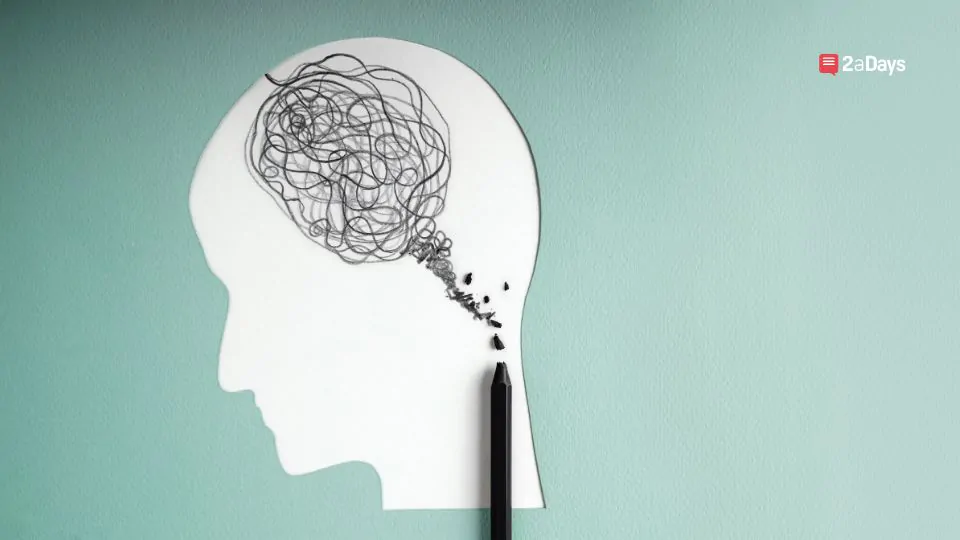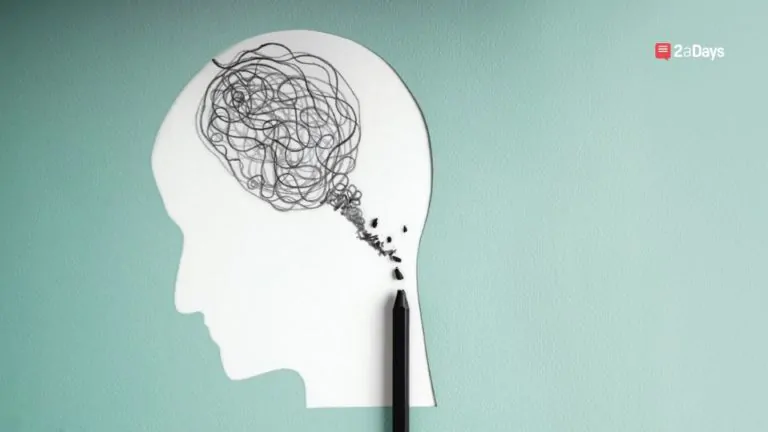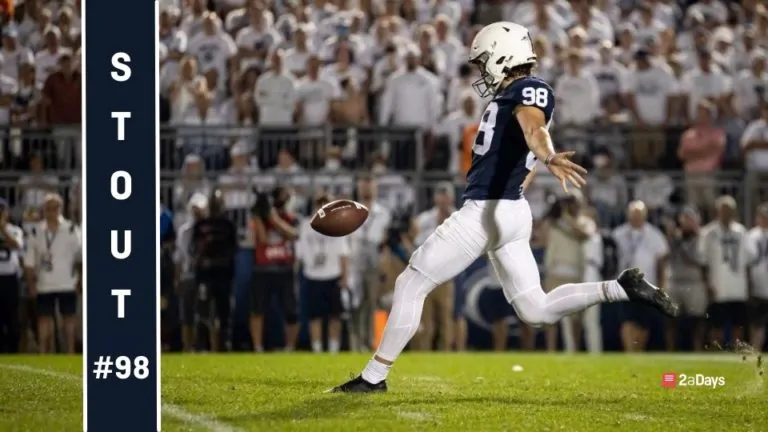When Lauren Hew was a collegiate swimmer at Florida State University, she would start her day at 5:30 a.m. with a two-hour swim practice. Following her time in the pool, she would have an hour of conditioning before heading to class until her second two-hour swim practice of the day in the mid-afternoon. The rest of her day consisted of meals and whatever time she had left to do homework and study before going to bed.
While Hew believes the extensive hours of training put her in peak physical shape, she said she struggled with the mental aspect of the sport, which negatively impacted her performances in the pool. Though she wanted to address her mental health and wellness, Hew said despite the availability of resources within the athletic department, finding an opportunity to do so outside of practice and studies was difficult.
Related: 5 Signs It's Time to Quit a Sport to Preserve your Mental Health
“[Prioritizing] the time to help yourself with mental health was hard sometimes because if you have an hour [of free time] during the day, sometimes you just want to go home and nap because you know you have a hard practice that afternoon,” said Hew, who swam for the Seminoles from 2018-2022.
Hew is not alone in facing that challenge. Seidu Shamsudeen, a men's soccer player at the University of Delaware, shares similar sentiments.
“As a student-athlete, whenever you have free time, you don't want to fill it in with anything [unrelated to your sport],” said Shamsudeen, who also played at Villanova University from 2018-2022. “You just want to be free to play or take a nap.”
Data Doesn't Lie
In recent years, alarming statistics surrounding college athlete mental health show rapidly escalating rates of mental stress. A fall 2021 NCAA study showed that the rates of reported mental health concerns are now 1.5 to 2 times higher than they were before the COVID-19 pandemic. Mental health also accounts for the most common reason why college athletes transfer schools at a rate of 40% for men and 61% for women.
Related: Managing Mental Health On and Off the Field: 4 Tips for Athletes
To complicate matters further for athletes, a 2020 article published in the Clinical Journal of Sports Medicine found that “lower levels of self-esteem and sensation-seeking in athletes have been associated with greater risk for depression, anxiety, social anxiety, and negative physical symptoms, all of which may impede performance.” Considering that poor athletic performance can also negatively impact mental health, this situation can create a vicious cycle for athletes. But thankfully, this dynamic works both ways–according to a 2022 literature review on mental health and athletic performance, sport psychological skills training “can help athletes control their mood, stop negative thoughts, correct unhealthy habits, and improve focus, planning, problem-solving ability, and skill acquisition, all which impact sports performance.” So when athletes focus on improving mental health, they can reap the rewards of that investment as well.
Given the impact mental health and wellness have on athletic performance, partnered with the difficulty college athletes have addressing it during their free time, some athletes have suggested that it be part of the 20 hours of practice NCAA athletes complete weekly. Licensed professional counselor Sarah Meister, director of Sport & Performance Wellness Division at Millennium Counseling Center, favors the idea.
“The focus and attention towards our mental health, our mind, and our emotions, is just as important [as our physical health], and as so indoctrinating that into a system and normalizing that is just as important as our physical health,” said Meister, who works with college athletes and partners with university athletic departments on their mental health and wellness programming.
Challenges and Solutions
Since the focus on mental health and wellness is relatively new for college athletic departments, it may be challenging to imagine it within the 20-hour training cycle. But Meister has a few suggestions on how it could work.
“Whether it be one [session] a week or an hour a week of one-on-one training with a therapist or even this idea of like drop-in hours for any type of group work or if [an athlete] or multiple athletes are struggling, having a space for them to kind of drop in, whether that be [in-person] or through an online format, I think could be really helpful,” she suggested.
Related: 5 Ways to Improve Your Mental Health When Your Coach's Training Plan is Too Much
Hew shares a similar thought process.
“Having team meetings, where a psychologist comes in and works through things like visualization or meditation, maybe different ways to cope with stress or anxiety, I think that's something that can be beneficial,” Hew said.
While Meister believes adding mental health and wellness to the NCAA training program will benefit athletic performance, she also sees it as an avenue to help break the stigma for college athletes wanting to seek individual counseling. Though more than two-thirds of college athletes know where to go when they have mental health concerns, fewer than half feel comfortable individually seeking support from a mental health provider.
“Psychoeducation is an important piece of this,” Meister said. “Awareness around what is mental health and why is it important? Why is it relevant? And, from there, you're bridging that gap.”
Have an idea for a story or a question you need answered? Want to set up an interview with us? Email us at [email protected]
* Originally published on March 23, 2023, by Jesse Marsh







